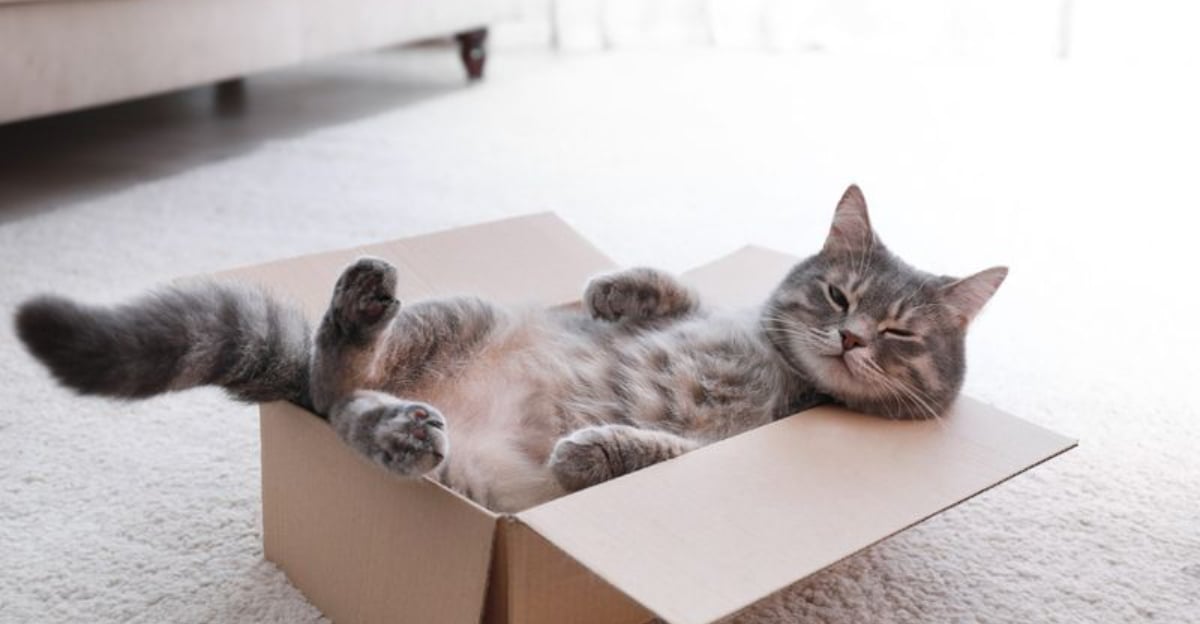Massachusetts living comes with its own unique challenges and joys, from snowy winters to busy city apartments.
When choosing a pet, Bay Staters need companions that fit their lifestyle and environment. Cats have become increasingly popular across our state, and for good reasons!
As a long-time cat owner in Boston, I’ve discovered these furry friends offer specific advantages perfectly suited to life in the Commonwealth.
1. Perfect Indoor Companions For Massachusetts Weather Extremes
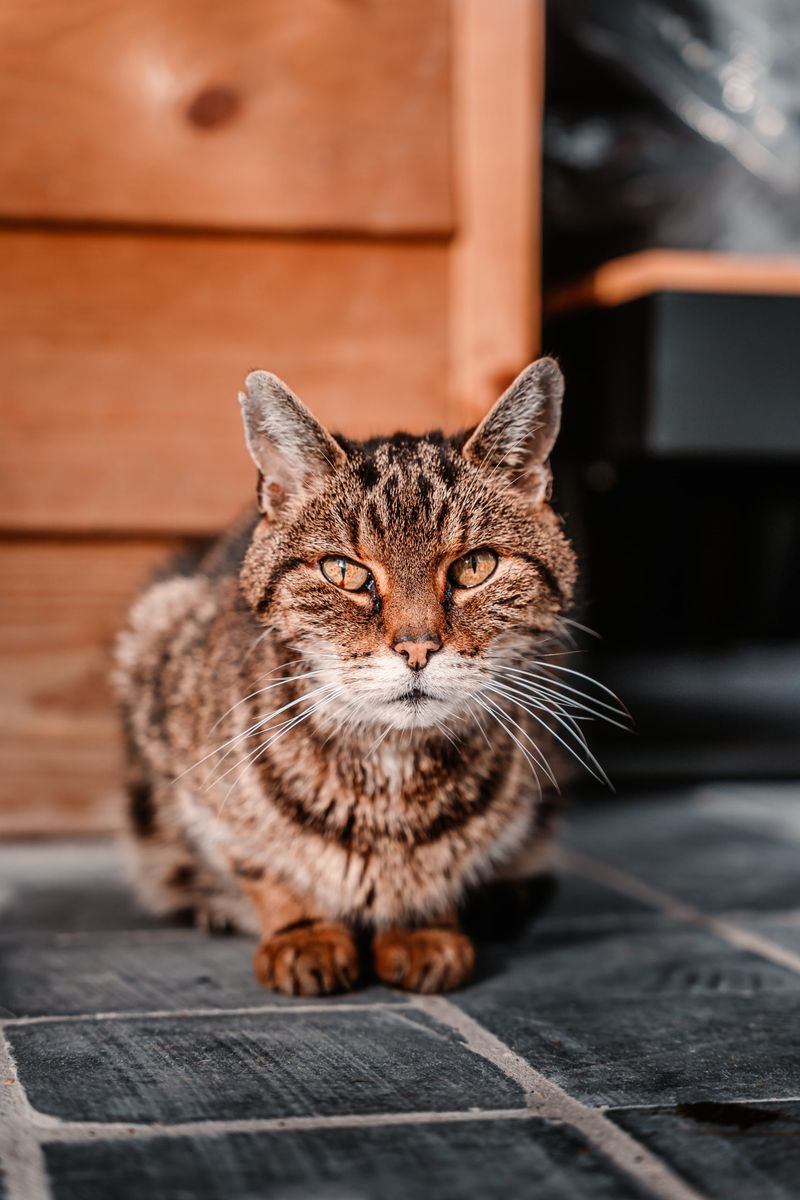
Brutal New England winters and increasingly hot summers make indoor pets a practical choice for Massachusetts residents. The truth is: cats thrive completely indoors.
My neighbor’s cat actually prefers watching our Cambridge snowstorms from the warmth of a sunny windowsill!
Unlike dogs who need outdoor walks regardless of weather, cats stay comfortable inside during nor’easters, summer heatwaves, and everything in between.
Indoor living also protects cats from traffic, predators, and other hazards while reducing their environmental impact on local wildlife.
2. Natural Pest Controllers For Bay State Homes
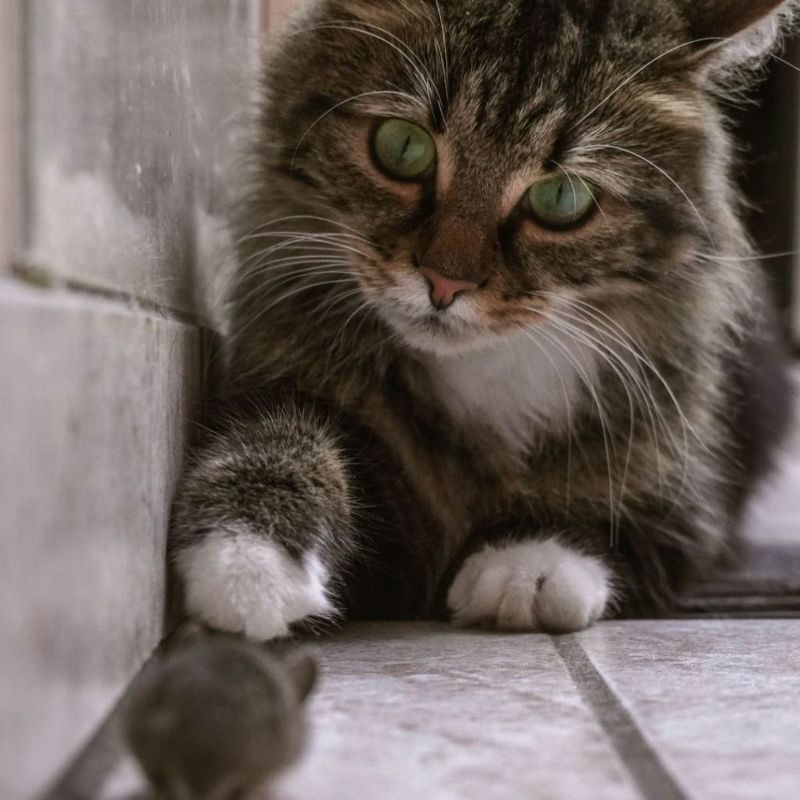
Massachusetts homes, especially in older neighborhoods like Beacon Hill or Salem, can attract unwanted visitors: mice, spiders, and other pests. Cats are born hunters with an instinctive drive to catch these intruders!
Just the presence of a cat reduces rodent activity.
This natural pest control works in modern apartments too, providing an eco-friendly alternative to chemicals or traps while giving your feline friend purposeful activity that satisfies their hunting instincts.
3. Low Maintenance Lifestyle Fits Busy Massachusetts Schedules
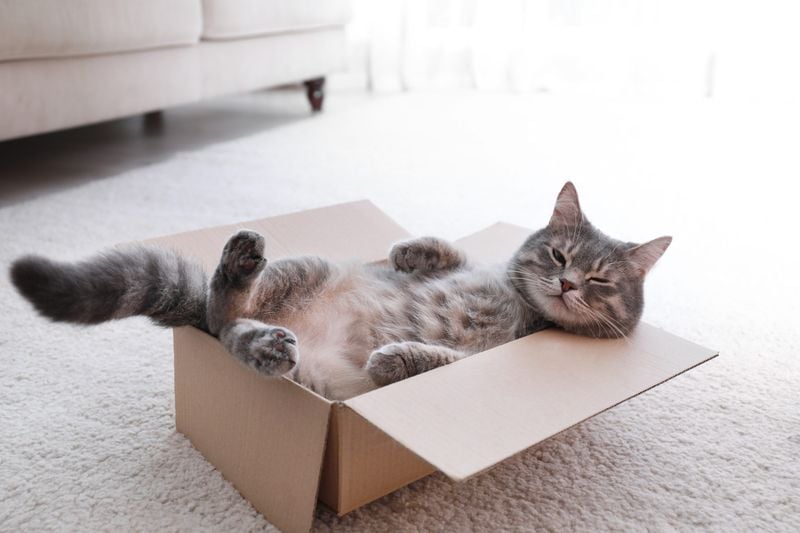
Whether you’re commuting to Boston or managing a busy household in Worcester, cats are the perfect low-maintenance companions. I adopted my tabby Fenway during my busiest semester at UMass, and was amazed how easily he fit into my schedule.
Cats handle alone time gracefully, using those hours for their famous napping sessions. They’re self-cleaning, don’t need walks in our notorious snowstorms, and require minimal training compared to other pets.
A simple litter box, food, water, and occasional playtime keeps them content.
4. Affectionate Companions After Long Massachusetts Workdays
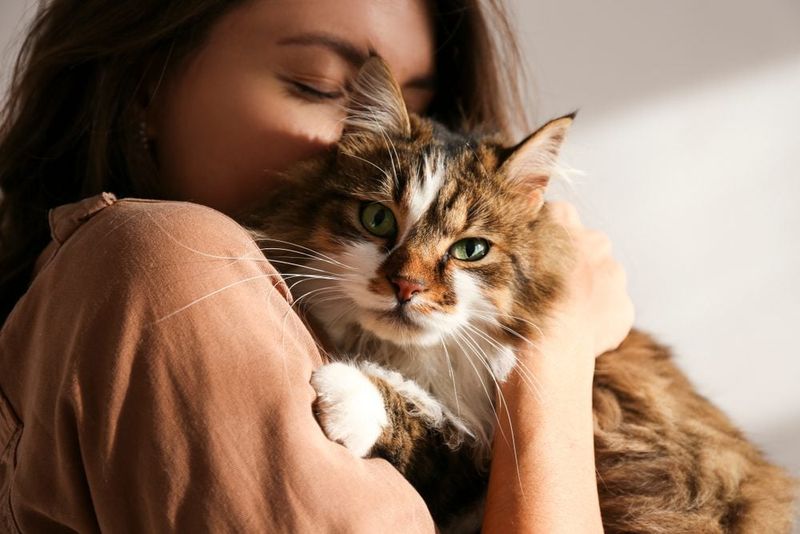
Nothing beats the welcome of a purring cat after battling traffic on the Mass Pike or enduring a packed T ride home. Cats offer a special brand of affection that’s perfectly balanced—present when you need company, but never demanding.
They sense when you’ve had a rough day.
The rhythmic sound of purring actually reduces stress and lowers blood pressure—benefits particularly valuable to those dealing with the fast pace of Massachusetts professional life.
Their affection comes without the neediness of some other pets, creating a peaceful home environment.
5. Health Benefits For Massachusetts Residents Of All Ages
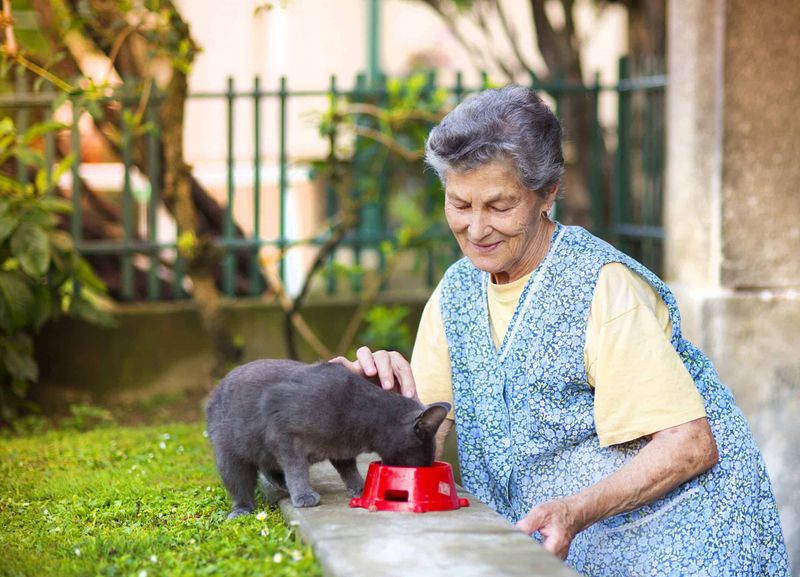
Research shows cat ownership provides remarkable health benefits particularly valuable to Massachusetts residents.
The purring frequency (25-150 Hz) actually promotes tissue healing and bone density—helpful during our vitamin D-scarce winters when many struggle with seasonal depression.
Elderly cat owners in Massachusetts retirement communities report lower blood pressure and reduced anxiety. Children raised with cats often develop fewer allergies and stronger immune systems.
I’ve personally found that my morning routine of caring for my cat provides structure that improves my mental health through our long winters.
6. Adaptability To Various Massachusetts Living Situations
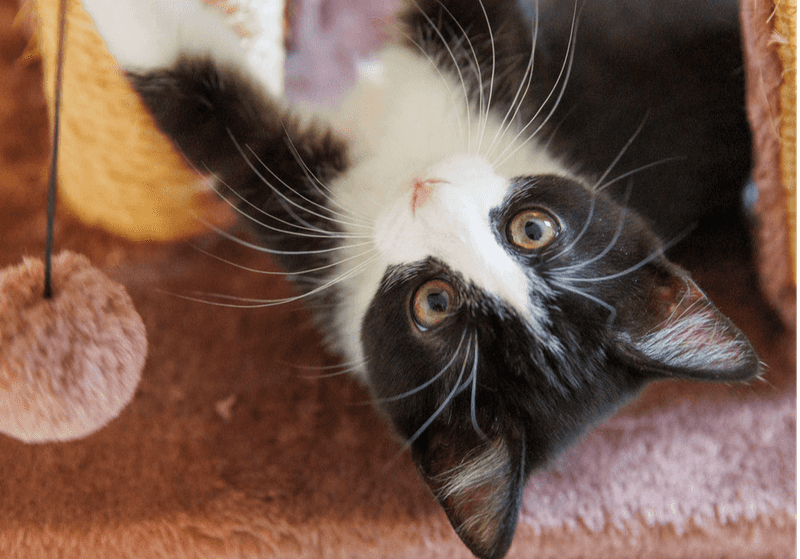
Cats adapt brilliantly to any Massachusetts living situation.
Their territorial nature means even small spaces become their kingdom—making them perfect for our state’s diverse housing options.
When I downsized from a suburban Worcester home to a tiny Somerville apartment, my cat adjusted within days! Cats don’t require yards or outdoor space, thriving equally in urban, suburban, or rural settings across our state.
They’re also adaptable to household changes. Whether you’re a growing family, empty-nester, or frequently hosting visiting relatives from the Cape, cats roll with life’s changes while maintaining their independent nature.
7. Widely Accepted In Massachusetts Housing Markets

As someone who’s moved three times within Massachusetts, I’ve found cat-friendly apartments significantly easier to secure.
Many Massachusetts property managers recognize cats are quiet, cause minimal property damage, and don’t disturb neighbors in multi-unit buildings.
Condo associations and HOAs throughout the Commonwealth typically have fewer restrictions on cats compared to other pets.
This acceptance makes cats the perfect companion for renters, first-time homebuyers, or anyone navigating our state’s challenging housing market without sacrificing the joys of pet ownership.
